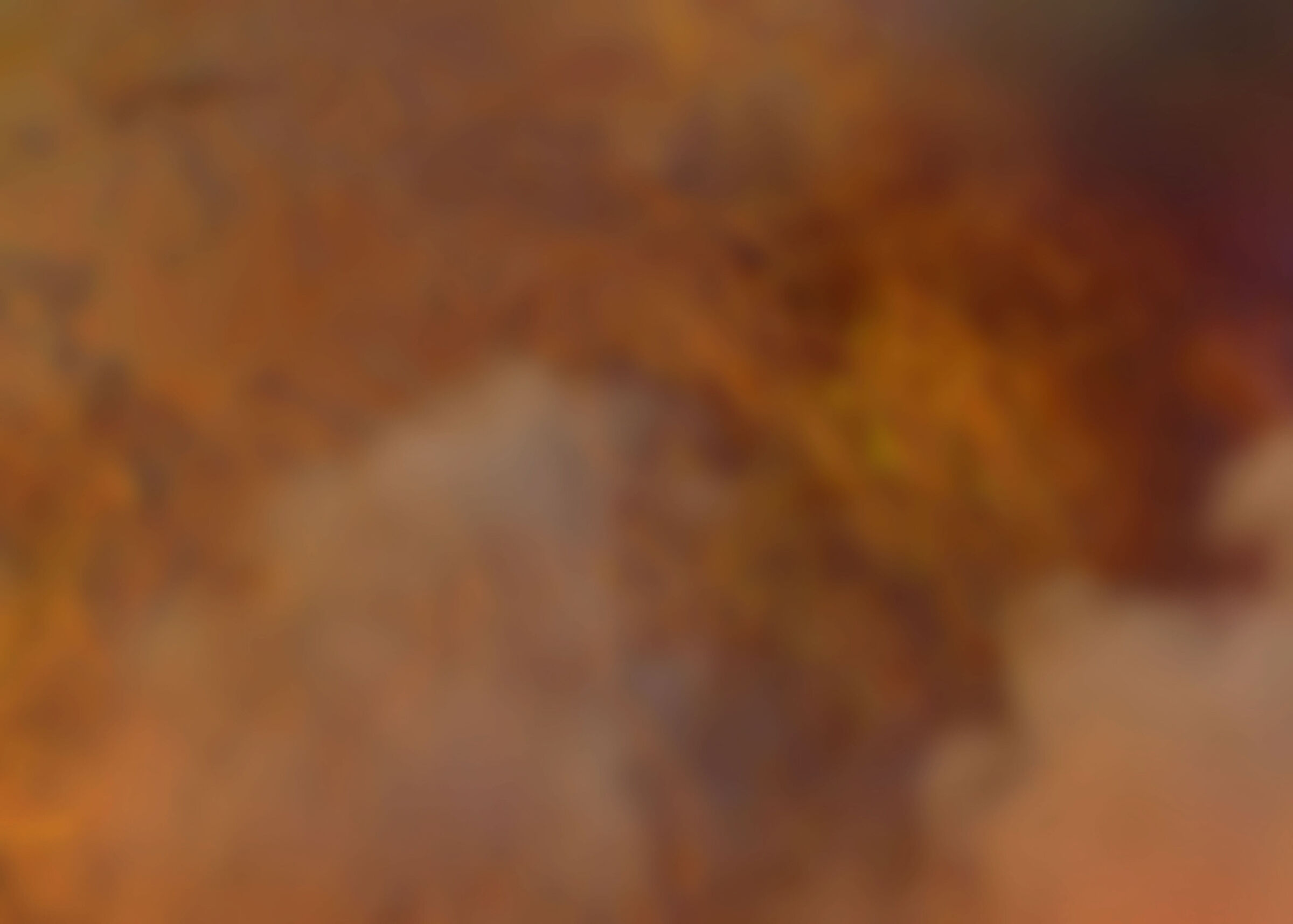089
Sherryl Vint
Science Fiction
Today is a conversation with Sherryl Vint about science fiction and the opportunities it affords us.

Albert Robida/Public domain.
I recently came across a quote by the author J. G. Ballard that said “I would sum up my fear about the future in one word: boring. And that’s my one fear: that everything has happened; nothing exciting or new or interesting is ever going to happen again.
This of course reads like someone that’s afraid they’re going to miss out on the good stuff. Like someone today might say that all the good music was in the 1960’s, 70’s and 80’s and worries about the state of music tomorrow. I think we can agree that the last few years certainly haven’t been boring. But this did have me thinking about what word I would substitute for boring. If I had to sum up my fear about the future in one word, I think it would probably be: fixable.
I say this because I think there is a lot of overlap with this idea of a boring future. With all that is confronting us at the moment; climate change, social inequality, technological influences on our bodies or a global pandemic, so many of our conversations in science, policy, and design are about fixing a problem. The assumption is that our future can be fixed with reference points from yesterday, that there are already solutions in our tool box to be deployed if we just dig down deep enough. Focusing on the fixable is less about worrying about the underlying problems, and more on a solution that allows business as usual. It says that our actions can continue now that a problem is fixed. It’s this business as usual while wearing an ace bandage that worries me most about our goals for the future.
J. G. Ballard’s fear is that everything has happened, that nothing new or interesting is going to happen. If our future is fixable, you can’t help but assume the plan is to continue living the present for as long as we can…and that would indeed be boring.
It’s really only with the pandemic that discussions of ‘adaptation’ are occurring. Adapting to new work schedules, new expectations of future travel. Solutions through adaptation could be far from boring. Adaptation requires a degree of course correction. Ones in which comfortable routines are nudged and poked into new orbits. If we look to the pandemic as an example, we see that it’s political, economic, social as well as spatial. Adaptation is bigger than any one profession.
But unlike the pandemic that blinded sided us all, it would seem obvious that we would want tools that could intertwine and engage diverse perspectives in an attempt to pivot into a future that’s nether a catastrophic mess or a boring fix. And that is why we’re discussing science fiction today!
Thanks to Richard Devine for Sample permissions.
Sherryl Vint
Sherryl Vint is Professor of Media and Cultural Studies at the University of California, Riverside, where she directs the Speculative Fictions and Cultures of Science program.
